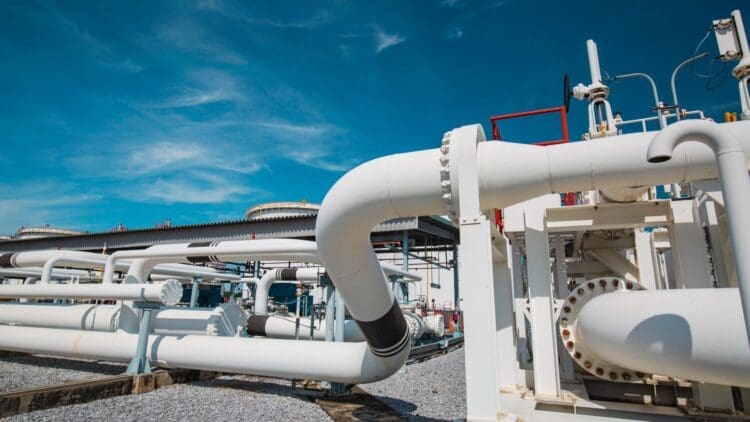With the global energy sector enacting a new wave of sanctions against any company with ties to Moscow, Russian-owned NIS is facing an uncertain future. The company, which is Serbian but is mostly owned by Russia, is reeling following a new set of sanctions against the nation, which has resulted in Serbia’s energy major facing a potential halt in operations. The company has noted that if no further deliveries reach its refinery, Serbia is facing a troubling winter that will see the nation struggle to keep the lights on and stay warm.
Serbia’s sole refinery is facing closure in the months to come if nothing is done to alleviate the pressure following sanctions
The world has stepped up to impose new sanctions on Russia or any Russian-owned company following the ongoing conflict in Ukraine. Industry experts have noted that several Russian-owned companies are facing a bleak future due to Moscow’s actions.
A new round of US sanctions has prevented the Serbian energy company from receiving a crude oil shipment. Two sources, who asked to remain anonymous, have stated that Serbia’s NIS refinery only has a few days left before operations will be forced to stop if no new deliveries of crude come in.
Even Serbia’s controversial leader has warned of an escalation of problems for the NIS refinery
Serbia’s President, Aleksandar Vucic, who has been facing an uproar from his citizens, warned in October that the NIS refinery, which is crucial to Serbia’s energy supply, may be forced to halt operations by 1 November, but also stated that the refinery has a surplus of supply that could last until the new year.
“There will be no shortages of crude oil, its derivatives and no energy crisis.” – Serbia’s President, Aleksandar Vucic
A tanker destined for Serbia has not taken delivery of essential crude resources
The tanker known as the Maran Helios arrived at Croatia’s Omisalj on October 9 carrying one million barrels of Kazakh KEBCO crude. However, Croatian pipeline operator Janaf has noted that it has delivered all the available assets in its system and that it expected no additional deliveries to NIS this year, suggesting that it never received the Kazakh KEBCO crude cargo which NIS had bought.
Supertanker freight future surged recently as the energy sector tries with all its might to replace essential Russian-made oil and gas, which has come under a new round of sanctions following failed attempts to end the war in Ukraine. Mr Putin turned down talks with Donald Trump that may have provided some relief to the region and its energy sector.
As Europe’s oil sector faces problem after problem, a fire in Hungary being the latest to increase pressure on the sector, the conventional energy sector in Europe is looking at a troubling winter if the current trend continues. For Serbia, its sole refinery will need to lean on its storage until the end of the year at the very least, as no more deliveries are expected for the rest of 2025.
Europe is increasingly turning to the renewable energy sector as oil refineries face an uphill battle
The calls for global decarbonization of the energy sector have not fallen on deaf ears. Europe has seen more renewable energy projects receiving substantial investments in recent months, suggesting a full-scale embrace of the renewable sector is on the cards. The European upstream sector will need to contemplate the next step, especially nations with close ties to Moscow, like Serbia. The end of the conventional energy sector is a lot closer than one might suspect, but the market remains strong and ready to embrace the new future without Russian oil and gas.
Disclaimer: Our coverage of events affecting companies is purely informative and descriptive. Under no circumstances does it seek to promote an opinion or create a trend, nor can it be taken as investment advice or a recommendation of any kind.








